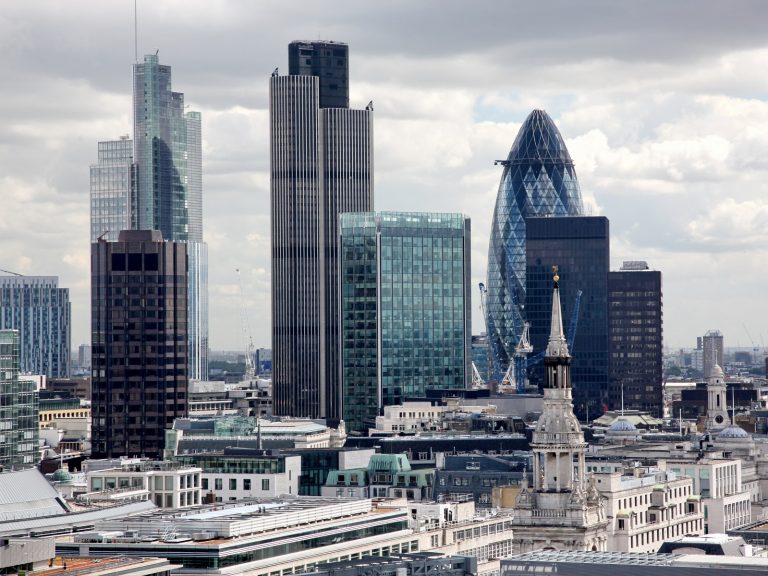
Shaken by the never-ending saga around Brexit and the global slowdown, the British economy is now showing signs that point to an upcoming crisis. The U.K.’s biggest banks have been dealing with a growing number of loans companies are struggling to pay off. At the same time, low interest rates on mortgages are limiting opportunities for revenue growth.
Also read: Another Chinese Lender Bailed Out After Bank Run
Largest Lenders Write Off More Debt Than a Year Ago
The United Kingdom’s largest lenders have been writing off more loans than they were last year, another indication that many businesses are hurting in a deteriorating economic environment. In Q3 of 2019, writedowns on bad debt at four major British banks increased 51% from the same quarter of 2018, the Daily Mail reported quoting corporate figures.
The amount of nonperforming loans that have been written off by RBS, Lloyds, HSBC, and Barclays between July and September reached £1.76 billion (approx. $2.27 billion). During the same period last year it was around £1.17 billion ($1.51 billion), an analysis conducted by U.K.-based financial services company AJ Bell shows.

The difference of almost £600 billion has been attributed to the worsening economic conditions that are negatively affecting more and more companies operating in the country. One such example is the British global travel group Thomas Cook which collapsed in September.
A total of 4,355 businesses were unable to pay their debts in the third quarter, according to official data from the U.K. government’s Insolvency Service. That’s the highest number in five years recorded by the London-headquartered executive agency of the Department for Business, Energy and Industrial Strategy.
Low Interest Rates to Further Squeeze Bank Revenues
Bad loans are not the only challenge the



